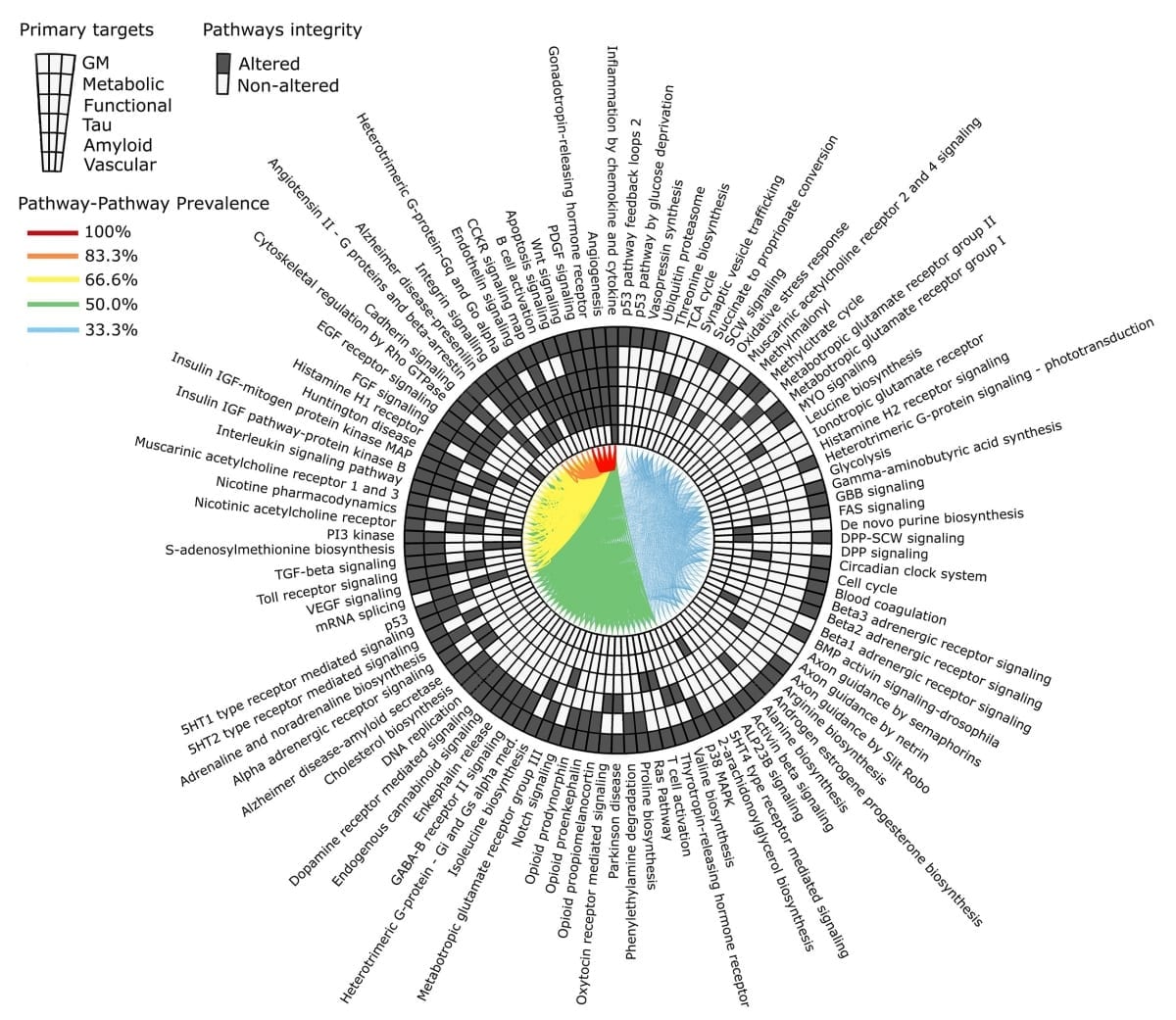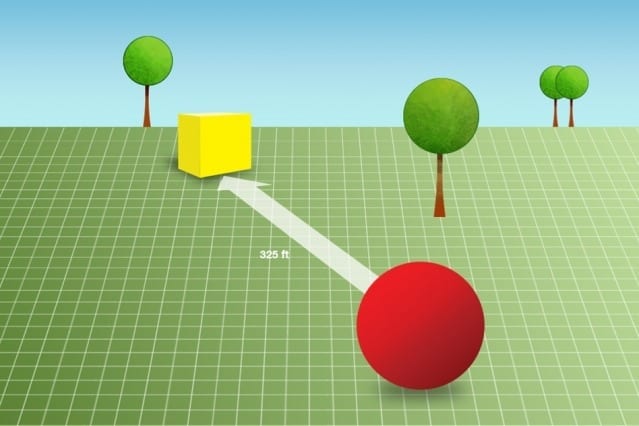
The resounding win by a Google artificial intelligence program over a champion in the complex board game Go this month was a statement — not so much to professional game players as to Google’s competitors.
Many of the tech industry’s biggest companies, like Amazon, Google, IBM and Microsoft, are jockeying to become the go-to company for A.I. In the industry’s lingo, the companies are engaged in a “platform war.”
A platform, in technology, is essentially a piece of software that other companies build on and that consumers cannot do without. Become the platform and huge profits will follow. Microsoft dominated personal computers because its Windows software became the center of the consumer software world. Google has come to dominate the Internet through its ubiquitous search bar.
If true believers in A.I. are correct that this long-promised technology is ready for the mainstream, the company that controls A.I. could steer the tech industry for years to come.
“Whoever wins this race will dominate the next stage of the information age,” said Pedro Domingos, a machine learning specialist and the author of “The Master Algorithm,” a 2015 book that contends that A.I. and big-data technology will remake the world.
In this fight — no doubt in its early stages — the big tech companies are engaged in tit-for-tat publicity stunts, circling the same start-ups that could provide the technology pieces they are missing and, perhaps most important, trying to hire the same brains.
Fei-Fei Li, a Stanford University professor who is an expert in computer vision, said one of her Ph.D. candidates had an offer for a job paying more than $1 million a year, and that was only one of four from big and small companies. On the candidate’s list, one of the biggest technology companies was ranked lowest, in terms of both money and excitement, she noted dryly.
At the University of Toronto, IBM pursued a start-up called Ross Intelligence that makes a smart legal assistant, and extended a free offer to use its A.I. software, called Watson. For IBM, the financial payoff would come if start-ups like Ross generated sales, followed by a revenue-sharing arrangement. “No upfront costs at all,” said Andrew Arruda, chief executive of the start-up, which moved last year to Silicon Valley.
For years, tech companies have used man-versus-machine competitions to show they are making progress on A.I. In 1997, an IBM computer beat the chess champion Garry Kasparov. Five years ago, IBM went even further when its Watson system won a three-day match on the television trivia show “Jeopardy!” Today, Watson is the centerpiece of IBM’s A.I. efforts.
Now, Google’s A.I. program is drawing additional attention and pointing to a consolidation among tech’s biggest companies.
By 2020, the market for machine learning applications will reach $40 billion, IDC, a market research firm, estimates. And 60 percent of those applications, the firm predicts, will run on the platform software of four companies — Amazon, Google, IBM and Microsoft.
Learn more: The Race Is On to Control Artificial Intelligence, and Tech’s Future
The Latest on: Artificial intelligence
[google_news title=”” keyword=”artificial intelligence” num_posts=”10″ blurb_length=”0″ show_thumb=”left”]
via Google News
The Latest on: Artificial intelligence
- More than six out of 10 tech leaders in Ireland ‘do not have an artificial intelligence strategy’on May 8, 2024 at 10:01 pm
More than six in 10 tech leaders in Ireland are not yet investing in artificial intelligence (AI) technologies and do not have an AI strategy in place, according to a study by consulting giant EY.
- UK edges closer to new laws for artificial intelligenceon May 8, 2024 at 10:01 pm
On Friday, the House of Lords will hear the third reading of the AI bill and, if all goes well, it will progress to the House of Commons.
- Advances in artificial intelligence mean 'deadbots' can 'haunt' the living, warn experts. Here's what it meanson May 8, 2024 at 8:31 pm
Also read | AI attempts to bring dead back to life, give people closure As per the University of Cambridge researchers, "Artificial intelligence that allows users to hold text and voice conversations ...
- Talkdesk Hires Simon Horrocks as Asia-Pacific Leader to Turbocharge the Company’s Regional Growth as Artificial Intelligence Innovatoron May 8, 2024 at 6:00 pm
Simon Horrocks joins Talkdesk as the Asia-Pacific (APAC) leader to help drive the company’s ongoing growth and expansion as an artificial intelligence (AI) leader in customer experience (CX). Horrocks ...
- RSA 2024: The State of Artificial Intelligence in Cybersecurityon May 8, 2024 at 5:27 pm
As its popularity and availability soar, artificial intelligence has become a tool for cyberattackers as well as defenders.
- Guest Perspective: How does Artificial Intelligence impact inventorship? US Patent and Trademark Office issues new guidelines.on May 8, 2024 at 1:45 pm
In 2022, the Federal Circuit ruled that an inventor had to be a natural person. While this decision only relates to a sole AI inventor, its reasoning could easily be applied to a joint inventor. As ...
- 1 Artificial Intelligence (AI) Stock Down 29% to Buy Right Now Before It Soars 78%on May 8, 2024 at 7:30 am
This chip stock tanked following the release of the company's latest earnings report, but investors shouldn't miss the bigger picture.
- Artificial Intelligence And Human Expertise In Graphic Designon May 8, 2024 at 4:15 am
Technology has long been a key part of graphic design, but modern AI-powered tools are going beyond traditional tools by leaps and bounds.
- A university creates an artificial intelligence institute, partly to help governmenton May 7, 2024 at 3:06 pm
The University of Maryland has launched of a new institute dedicated to developing the next generation of artificial intelligence people.
- 5 things to know for May 7: Gaza, Tornado outbreak, Boeing, Artificial intelligence, Peanut recallon May 7, 2024 at 3:59 am
Here’s what else you need to know to Get Up to Speed and On with Your Day.
via Bing News











